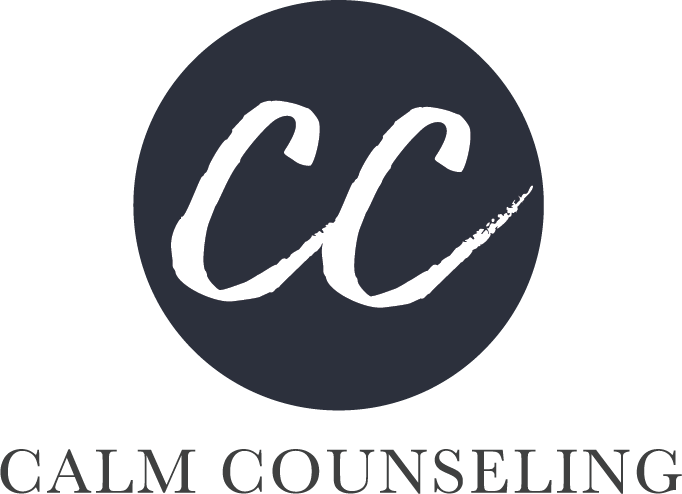Relational Therapy: The Antidote to Your Nasty Inner Critic and The Need for a Lifeline Over The Holidays [Blog Post]
By Vanessa Scaringi, PhD
The holidays are hard. They are hard on so many levels and if you have an eating disorder, especially one that comes with a long-standing inner critic (which let’s face it, most do) the holidays are even harder. The holidays are harder because the origins of one’s ED are often rooted in a family dynamic, a family dynamic that is fueled by a difficult attachment as well as our family’s own ED and fat phobia. Having a therapist who you trust and can have a deep relationship with, can be a lifeline – a literal one, during difficult times like the holidays.
In working with eating disorders, it is hard to ignore the need for some serious inner critic work. Challenging “ED” even becomes a way in which to externalize this mean, punishing voice. Disputing the thoughts and urges that “ED” promotes is imperative in recovery. It is so useful to understand how feelings can lead to thoughts which can often lead to maladaptive coping behaviors, like eating disorder behaviors. Untangling this detrimental web of thoughts/feelings/behaviors is hard to do and is a huge piece of the eating disorder puzzle. However, in my experience in working with eating disorders, there are other- perhaps longer standing, attachment wounds that need tending to as well. In the recovery process there is such a need to have a therapist who knows your attachment style, can help heal this, and can ground you when you are thrown back into the place where some of the ED originated.
What is relational therapy? Well, therapeutic styles often all integrate some form of a relational approach- just being mirrored by a therapist is a relational experience. However, a therapist who takes a more relational therapy approach vs let’s say a structured CBT approach, might invite their clients to actively use their experience of the therapeutic relationship in session. This might mean sharing feelings towards your therapist, with your therapist and calling your therapist in between sessions to further deepen and build the relationship (comes in handy during holiday season). Relational therapy is a broad term and finding an eating disorder specialist while working through recovery is incredibly helpful. Combining these areas of expertise might allow for the inner critic to be challenged in new and different ways. And working closely with your therapist who strives to understand how you relate to the world based on your attachment experiences can change the holiday experience when you might feel isolated with people who don’t really get you.
Having the space to develop a new internalized voice that is no longer punishing or admonishing for every small thing you might say or do- sounds super helpful! Working with a therapist who takes a relational stance is useful in this new self-talk journey and can make a holiday season feel much safer. What eventually happens over time, is the new voice that gets internalized is a kinder and more reminiscent of your therapist- voice. This can take years to develop and again, challenging behavior patterns at the onset of treatment is critical. AND long-term inner critic work through a relational therapy approach is also a powerful component of a successful recovery journey as well as a successful holiday season.

